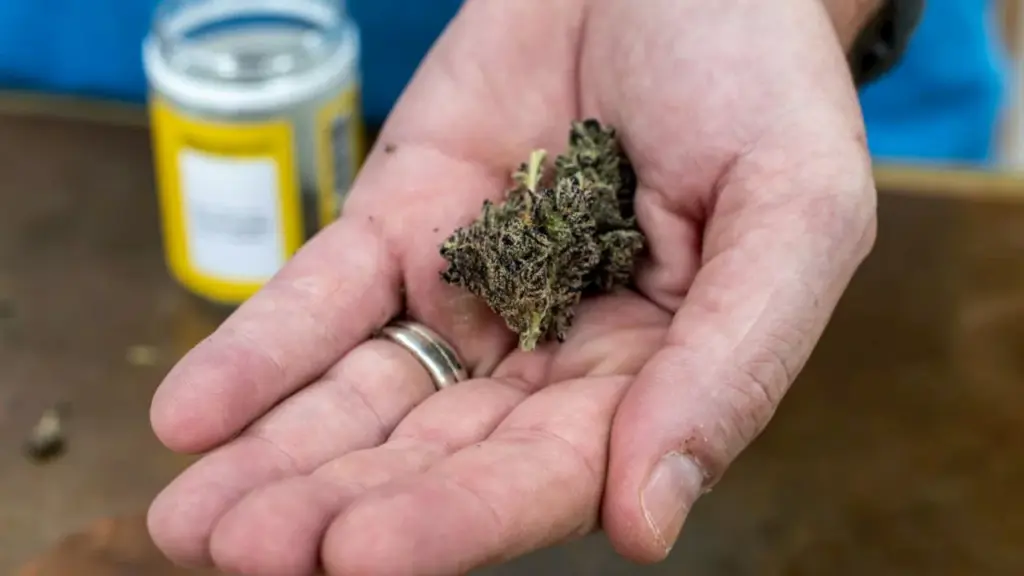
Recent research from the University of California, San Francisco, highlights potential risks associated with high levels of tetrahydrocannabinol (THC), the psychoactive compound found in marijuana. The study reveals that elevated THC levels may adversely affect egg development, leading to fertility issues, increased risk of miscarriages, and chromosome abnormalities in embryos.
The findings, published in March 2024, raise significant concerns for women trying to conceive. Researchers observed that high THC exposure can disrupt normal ovarian function, which is crucial for healthy egg maturation. This disruption may result in diminished egg quality, impacting the overall fertility of women who consume marijuana, particularly in forms with high THC concentrations.
It is essential to understand how THC interacts with the reproductive system. THC binds to cannabinoid receptors in the body, which are part of the endocannabinoid system responsible for regulating various physiological processes. The study suggests that when THC binds to these receptors in the ovaries, it can interfere with hormonal balance and disrupt the maturation process of eggs.
The implications of these findings extend beyond individual fertility challenges. The researchers indicate that the potential for chromosome issues in embryos could lead to developmental problems, affecting not just pregnancy outcomes but also the health of future generations. This highlights the need for further investigation into the long-term effects of marijuana use on reproductive health.
As marijuana legalization continues to expand in various regions, understanding the health implications of its components becomes increasingly important. This research serves as a critical reminder for women considering marijuana consumption, especially those planning to conceive.
In light of these findings, health professionals may need to reevaluate guidelines concerning marijuana use for women of reproductive age. The study underscores the importance of informed choices regarding health and wellness, particularly in relation to fertility.
With the growing popularity of marijuana, public health initiatives must address the potential risks associated with high THC consumption. The research calls for more comprehensive education and awareness campaigns to inform women about the effects of marijuana on reproductive health.
In conclusion, the study from the University of California, San Francisco, sheds light on the potential negative impact of high THC levels on egg quality and fertility. As more women turn to marijuana for various reasons, awareness of its effects on reproductive health is crucial for informed decision-making.






